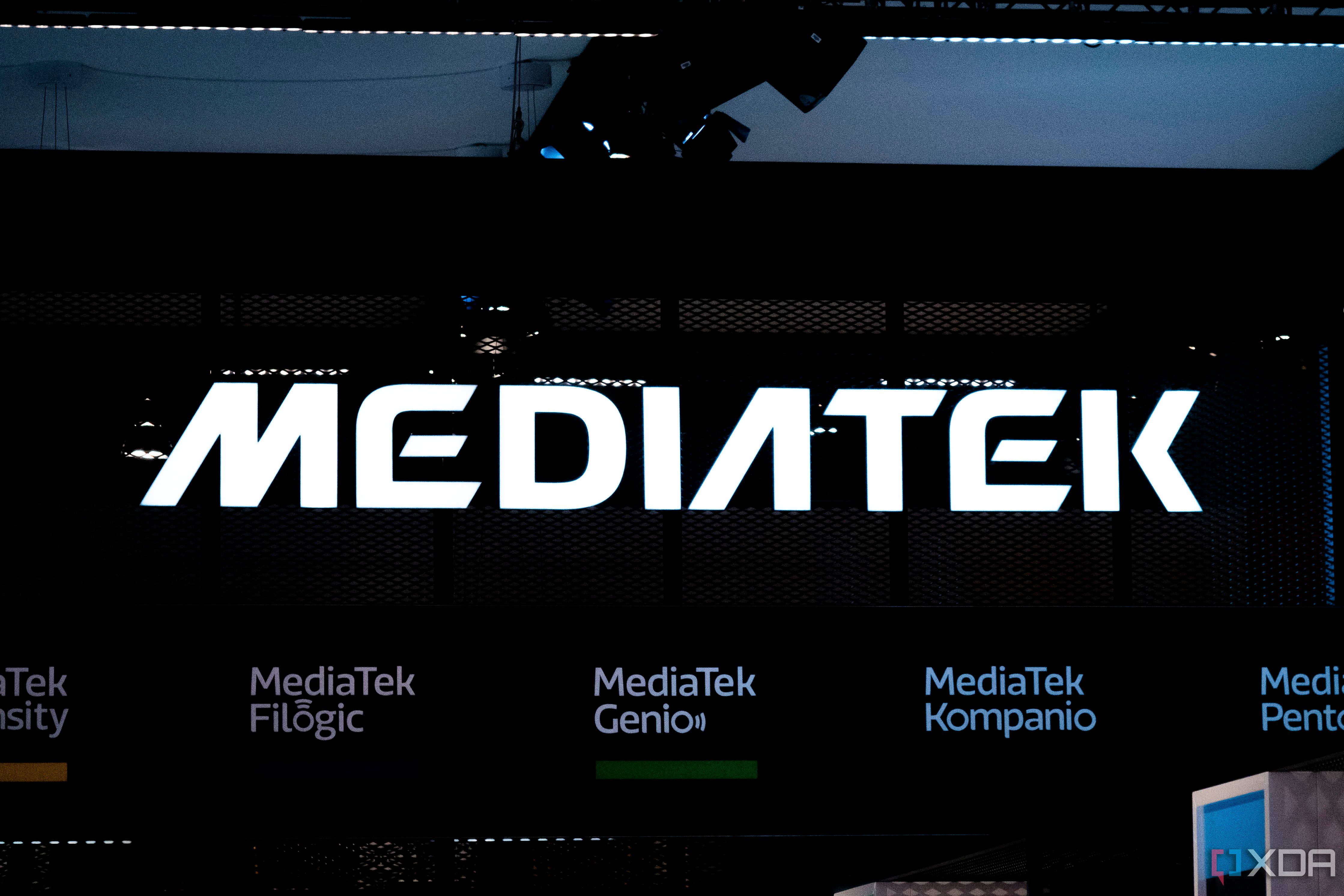5G is becoming increasingly more widespread across the world, and all major mobile chipmakers are rushing to offer affordable 5G chipsets for mid-range and entry-level devices. Having already launched multiple 5G solutions for the mid-range segment, MediaTek has now announced a new entry-level chipset as part of the Dimensity 6000 series for truly affordable 5G devices.
The Dimensity 6100+ offers sub-6GHz 5G connectivity without breaking the bank. The biggest draw of the new chipset is its 'Enhanced' 5G modem that supports the 3GPP Release 16 standard, with up to 140 MHz 2CC 5G Carrier Aggregation. The SoC also uses MediaTek's UltraSave 3.0+ technology that the company claims "significantly reduces power consumption." According to MediaTek, the proprietary tech reduces 5G power consumption by up to 20 percent when compared to other available solutions in the market.
The 6100+ comes with an octa-core processor with two Arm Cortex-A76 big cores and six Arm Cortex-A55 efficiency cores. On the imaging side of things, the chip supports up to 108MP Non-ZSL cameras and up to 2K 30 FPS video capture. Supported camera features include AI-bokeh with both the front and rear-facing cameras. The 6100+ also offers 10-bit display support that allows smartphones to accurately reproduce more than one billion colors for vibrant images and videos. It also supports up to 120Hz displays for a smooth user experience.
The Dimensity 6000 series officially heralds MediaTek's entry into the entry-level 5G segment that's currently the preserve of Qualcomm's Snapdragon 4-series chipsets. Apart from the 6000 series, MediaTek also offers the Dimensity 7000 series chips for lower mid-range devices, Dimensity 8000 series for upper mid-range devices, and Dimensity 9000 series for flagship smartphones. The 6100+ will start showing up in consumer devices from the third quarter of this year, but there's no initial list of devices that will rock the new chipset.

